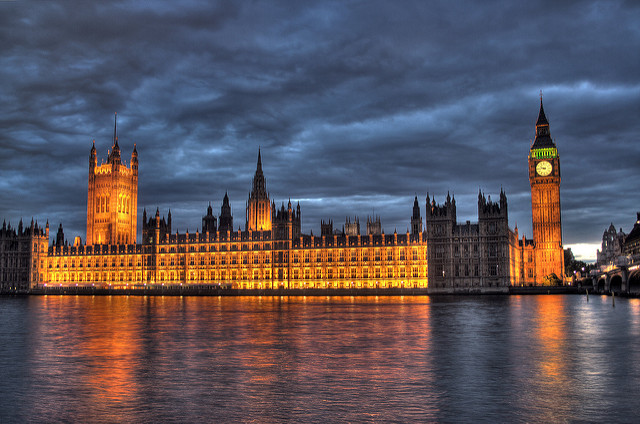Lord Howell
The High Court judgment in the UK requiring Parliament to give its formal approval before Article 50 of the Lisbon Treaty is triggered, commencing the UK’s divorce proceedings from the EU, has caused a great furor. But this is probably exaggerated. The two Houses of Parliament, Lords and Commons, might delay the Article 50 process but they will not block it. If the involvement of Parliament is carefully handled it should be perfectly possible to keep the exit plan on track.
The best course would now be to share with Parliament an extensive Green Paper, not of course showing the Government’s negotiating strategy with either the EU Commission or the other leading member states, but setting out all the issues in detail. This would show that much of the talk of hard and soft Brexits is misplaced and that a way through, via a whole range of ‘mini-Brexit’ discussions and negotiations, can be found, although undeniably complex, and may be prolonged.

Parliament can then have a full debate, maybe over two or three days. After that a short, one clause bill, authorising the go-ahead can be put swiftly through both Houses and is very unlikely to be resisted.
The reaction to the judgment from various extreme sources has been ugly and intolerant. The lower grade newspapers have joined in the assault, denouncing the judges as ‘enemies of the people’, attacking the rule of law and Parliament itself. This is reminiscent of the tone in the former Communist states of Eastern Europe, where the so-called ‘will of the people’ was used as a weapon to attack lawmakers and democrats alike.
But this is inevitable in the age of mass communications empowerment and e-enabled populist opinion. The mistake is to think that mass uninformed opinion, circulated by mobile telephone and the web, is ‘democracy’. It is of course nothing of the sort. Democracy rest on INFORMED and filtered opinion through elected representatives using their best judgement. It is called Parliamentary democracy and is the necessary bulwark against the anarchy and/or authoritarianism for which some of the media are shrilly calling.








